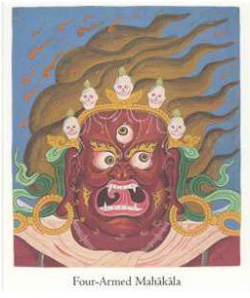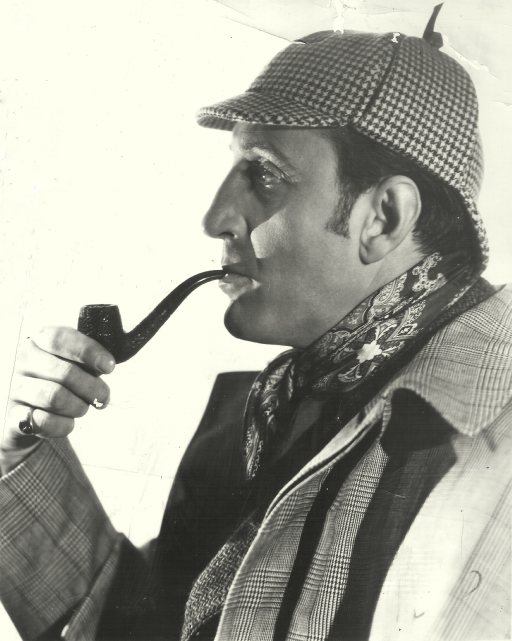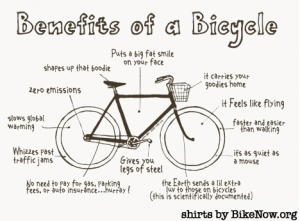Ten Things that are Bad for Us that can be Good for You if Practiced Mindfully.
10 “Terrible” things, habits or substances that are considered bad for us, but that can be good for you if we practice using them mindfully.
Inspired by Mindful Vice Training!
1. Marijuana.
It can cloud the mind [Buddhist view here], making you paranoid…or it can relax and lighten. The difference?
Mindfulness. Be present when you smoke, and like wasabi it’ll light you up without burning you down.
2. Sex:
Sex can be an addiction, a goings-through-the-motions, an act of conquering or speed…or it can be poetry, surfing sweat, the tides of life, honest and open communication (speaking in tongues, and sighing). The difference?
Mindfulness: eye contact’s a good start. Don’t fake anything: instead, tell one another what turns you on, treat one another with respect and intimate exactitude, take your time.
3. Alcohol:
it can be too much, too often, with pain, with driving, with anger, with fights, with sadness, costing too much money, sucking love. Or it can be appreciating, mixed or straight, with sacred head and shoulders, with a smile, with style, with humor and passion. The difference?
Mindfulness. Read here for some more in-depth perspective via Ted Rose.
Mindful drinking at its finest:
5.
4. Technology:
it can help us work and achieve and build and sort and help and extend and connect…or it can disconnect, suck away our power and passion and dreams into a lost world of stale cocoon. The difference?
Mindfulness. Take breaks. Be present. Do one thing at a time. Remember your mission or vision, instead of getting lost in the technology loop.
5. Food:
It can be delicious and nourishing and help us get done what we want to get done and do what we want to do and it can delight and entice and fill up and…oh, who doesn’t love food. Or it can be too much, too fast, too cheap, to processed, but sweet and salty and greasy in a way that makes us want it without ever quite getting full. It can fill us and keep filling us until we’re walking about lugging an extra hundred pounds, losing years on our life. It can give us diabetes at the age of 18, say, it can provide an eternal itch of never-satiated hunger. The difference?
Mindfulness. Eat real food: less processed, closer to its original form. Less packaging, plastic, preservatives, chemicals, less patents and laboratories and politics, more healthy, cancer-free. Go with Michael Pollan’s three simple rules. If you’ve seen it advertised, avoid it. If your great grandma ate it, go for it. Eat sitting down. Don’t eat while doing something else, like…driving. Or walking. If you eat too much, go easy on yourself…and stop.
6. Transportation:
It can be free, with no parking hassles, and it can be free exercise, with fresh air. Or it can be commuting through hours of traffic, paying too much for gas that comes from Canadian tar sands or helping to fund war and strife. It can be elegant, or it can be cheap and dirty. The difference?
Mindfulness. If you drive, drive something that gets reasonable mpg. Old cars and trucks can be an elegant joy to own and drive—and more eco, in that you’re not adding to the buy-sell supply-demand cycle. New cars, if hybrid or say electric, can be clean, efficient, and your purchase helps revolutionize the business of the automobile. Or bicycle, or walk, or bus—and you’ll enjoy health, community, sunshine, valet parking, no insurance or maintenance charges.
7. News & Entertainment:
It can be fun, bring us together with our friends, it can be art, it can be connection, it can be calming and enlightening and change our world. Or, it can blur our thoughts, make us into smiling masks, cows and sheep, it can be the opiate of the masses, it can harden with hate and rhetoric and fill the space of the mind and airwaves that otherwise would be reserved for ideas, visions, dreams and flashes of insight. The difference?
Mindfulness. Put away the lit up screens, once in awhile. Don’t walk while texting. Don’t drive while phoning. Do one thing at a time, and do it well. Only go to movies that one really wants to see: remember our hours may seem limitless, but we’re all given just so many grains of sand in our hourglass.
8. Judgment.
It’s no secret that New Agey types love to (ironically) hate on others for “judging.” What they mean, or what we mean, to criticize is pre-judging. You know, prejudice. For judging can be a good thing, or a bad thing. In Buddhism, judging is viewed as essential, a potential positive. It’s prajna, or discernment, the sword of wisdom that pierces confusion or neurosis simply.
I judged just yesterday when I chose to eat (and share) an organic apple over the processed potato thing and dyed-red pear and hot dog smothered in…something in a white flour preservatived bun that looked as if it’d gone to the moon and back—in 1968. Of course, we also judge that we need two to-go coffees and a plastic lid and to waste dozens of paper napkins when we go out. Judging is a tool that can create a more eco-responsible world, a kinder world, a healthier world—or a speedier, cheaper, more selfish world. The difference?
Mindfulness. If our judging is motivated by reality, instead of by preconceptions (a la climate change deniers, say, who put partisanship over science), we see reality instead of our own views reflected in our experience. As Sherlock Holmes said, it’s our job to see whatever is, no matter how unlikely, instead of creating a supposition and finding the facts to suit.“I never guess. It is a shocking habit,—destructive to the logical faculty.” ~ Sherlock Holmes
“It is a capital mistake to theorize before one has data. Insensibly one begins to twist facts to suit theories, instead of theories to suit facts.” ~ Sherlock Holmes
“Eliminate all other factors, and the one which remains must be the truth.” ~ Sherlock Holmes
“When you have eliminated all which is impossible, then whatever remains, however improbable, must be the truth.” ~ Sherlock Holmes
 9. Losing our Temper:
9. Losing our Temper:
We all lose our mind from time to time (me: daily).
For me, in my business life, my anger is usually wisdom: it helps me break free of bullshit—but only if I don’t take it out on others. In my personal life, it’s harder—we never want to hurt those we love. In Buddhism, it’s the fourth karma: ie, it’s playing basketball on the moon blindfolded, ie, only for those who can handle some advanced, difficult stuff. That’s not you or I, most likely. So how do we transmute our anger? What’s the difference between wisdom and neurosis, here?
Mindfulness: the trick is not to expect us to ever hold our mind 100% of the time. Peace is not a state of mind; it’s more like surfing. Instead, as the Buddha advised, treat one’s mind like a guitar, tuned not too tight, not to loose. Lose your mind, or temper? Just come back to the present, without blame. Leave the room if you have to. As Buddhism advises, if you’re angry, turn your self into a piece of wood—ie, do not act out your anger. Just leave. Anger is frustration, and fear, usually. It’s also something we regret 2.5 minutes later…so just go quiet or get away for 2.6 minutes.
10. Mindfulness Itself:
Spirituality and religion can help us to be kind, and patient, to learn, to connect with community—or they can become fixed, dividing, materialistic dogma. Mindfulness itself can be meditation, at its root—training us to connect with our own basically good human nature—or it can be a spiritual shawl, self-serious religious veil we draw around us to look and pretend and busy ourselves with the act of “being spiritual.” The difference?
Mindfulness, at its root, is meditation: in Buddhism, it’s called a self-burning flame. Or a self-cutting sword. So remember: we’re doing all this not to look or act serious and cool. But to lighten up, ground down, stand tall and smile sadly—acknowledging the sadness and weight of the suffering and confusion of this world, and at the same time appreciating the elegance, joy, compassion and fun that is our human birthright, if only we choose to claim it.
So meditate. Don’t do it as a religious act, but as a practical one—like brushing your teeth, you can do it twice a day, just after we wake, and when we prepare to go to bed.
~
What’d I miss?
What else? Suggest in comments, or write your own, and I’ll add it in with credit.
 Share on bsky
Share on bsky



Read 54 comments and reply